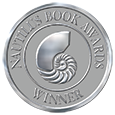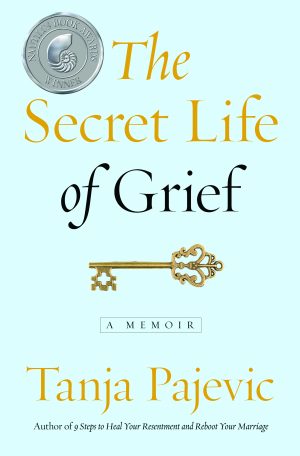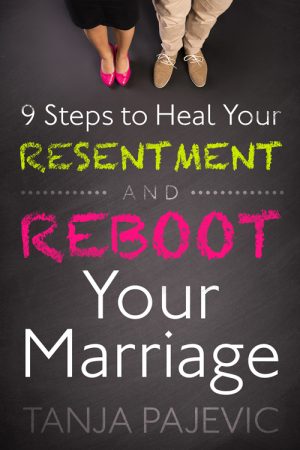How to Work with Transitions in Writing and Life
I’ve been thinking a lot about transitions lately–whether it’s a transition between seasons, between life stages or between writing projects.
I can’t say I’m great at transitions, but I’ve gotten a lot better at them over the years.
How?
By taking the time to slow down and consciously address what’s ending before moving into what’s beginning.

Like these final days of summer as we transition into fall (at least, for those of us in the Western hemisphere).
Every fall, I find myself getting a bit sad as our slower summer schedule shifts back into the busier school year. This year, I’m feeling it even more as my older son starts the college application process.
Change is on the horizon, friends, and I’ve found that if I don’t address it head-on, it’ll derail me.
Giving Yourself Time and Space
So I’ve given myself extra time and space to mourn what was so I can move into the excitement and possibility that comes with college-planning.
Over the years, I’ve learned that if I don’t feel my feelings, they get stuck and weigh me down.
Sometimes our transition pitfalls are logistical.

Sometimes, they’re emotional.
Sometimes, they’re both.
But when I take the time to think through the potential l logistical pitfalls coming my way and plan for them, then I have more space to honor the emotional ones.
Also—and this is important—I don’t get stuck in the illusion that time management is what’s causing the problem.
How this Applies to Your Writing
When you’re starting (or restarting) a new writing project, it’s normal to feel anxious or afraid, or to find yourself coming up with all sorts of reasons why you can’t, why now isn’t the right time, yadda yadda. When we delve into the unknown, it can bring up all sorts of emotions.
A good plan for taking care of your mind and body can help counter-act the unconscious fear (a.k.a. self-sabotage) that might derail you otherwise.
For example, when you have a consistent writing habit, it lets your brain and body know what to expect. It takes away the fear and anxiety of the blank page, as well as creates momentum. And it breaks the writing process into small, manageable chunks.
Plus, each time you show up and do what you said you’d do, you’re building trust with yourself.
You’re also reinforcing the neural pathways of success.
How to Build a Consistent Writing Routine
The trick is creating a consistent writing routine that works for you. What can you realistically commit to, given everything else in your life? (Hint: realistically is the key word here.)
 If you can set aside 45 minutes / 3-5x a week, fabulous.
If you can set aside 45 minutes / 3-5x a week, fabulous.
If you’re stuck or are starting a new project, start with 15 minutes and gradually increase. If you need to, start with 5 minutes and go from there.
Start small, my dear, and build on those wins!
How to Transition in and Out of Your Writing
Creating a container for your writing can also be hugely helpful.
Start by blocking off your writing time. (Again, this builds self-trust, which is huge when you’re writing memoir.)
Next, create a starting and stopping ritual for your writing time. This will help anchor your writing habit, as well bypass the fight-flight trigger that sometimes occurs when we’re writing about challenging events.
For a starting ritual, you might sit down with a cup of coffee/tea, light a candle, set a timer and then start writing.
If you’re feeling triggered, hug yourself and scan the room to ensure there’s nothing that can harm you. This activates the parasympathetic nervous system, which will shift you out of fight-or-flight.
Use a closing ritual to complete your writing session. Perhaps you’ll blow out the candle, close your computer and take a walk around the block.
Your ritual doesn’t need to be big or fancy, it just needs to work for you.
 Find Your Community and Get Writing Support
Find Your Community and Get Writing Support
It’s tough to do things in a vacuum. I can’t tell you how helpful it’s been to find good resources around the whole college dance – not to mention talk with parents who’ve been there, done that — it’s simply become too complicated, at least here in the U.S.
Helping my son figure out his next steps is important to me. And since my family is at the top of my values list, that’s something I’m always weighing when I’m deciding how much and what I can commit to.
It’s also why I prioritize the people and activities I most value so that something else doesn’t come in and suck up that time and energy.
For me, that means passing on popular TV series, doom-scrolling, and most social media at the moment.
What does that look like for you?
Community is also hugely important to me. When I’m navigating transitions, I’ve found that community is critical to keeping me healthy, happy and sane.
Having the right people to support me when I’m doing something challenging, like writing a book, can make all the difference.
Plus, it’s a heck of a lot more fun!
Memoir Mastery Course Registration Opening Soon
In memoir writing news, I’m excited to let you know that we’ll be opening up registration for my cornerstone course Memoir Mastery: How to Write a Compelling Memoir in the next few weeks.
Click here to get on the advance notice list (+ be notified about the early bird discount).
In the meantime, I hope you navigate whatever transitions are coming your way with wisdom and grace–not to mention a whole lot of fun!
Tanja


